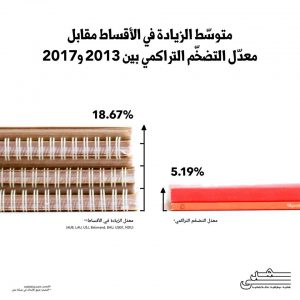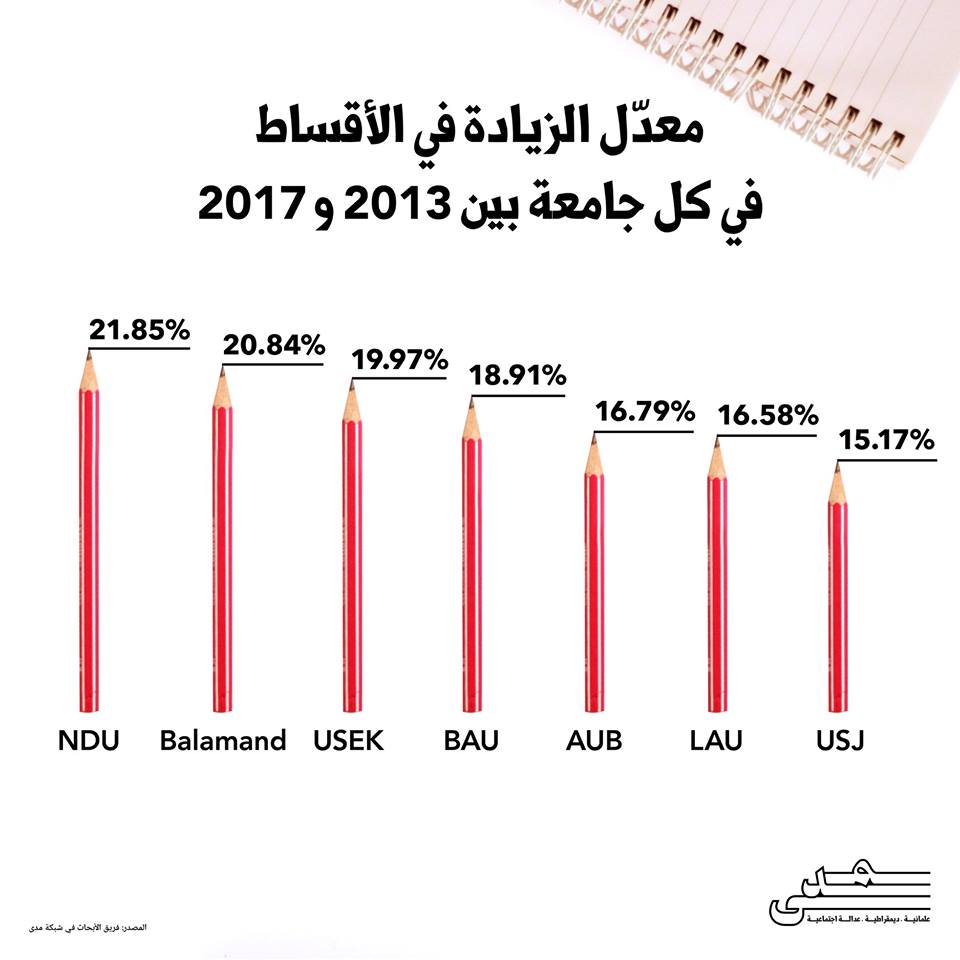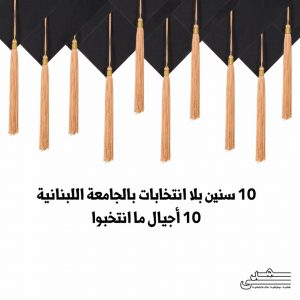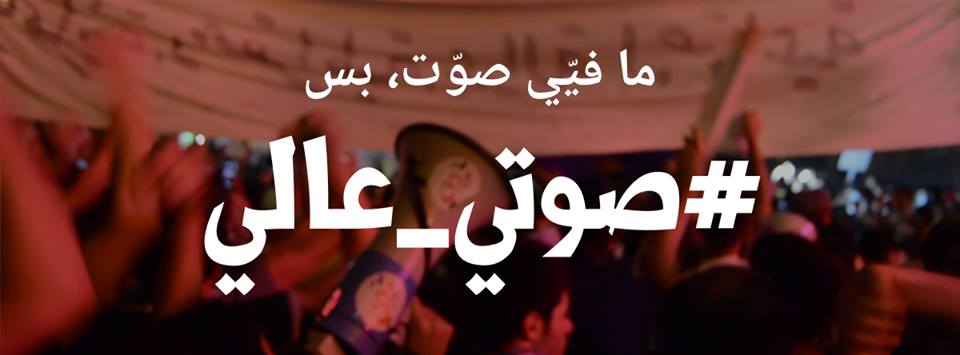In 2015, Lebanon’s garbage crisis evidently opened channels for a redefined discourse in the country that led to a variety of diverse civil society groups, with some disintegrating a year later and some transforming into permanent and concrete organizations. Several student groups also raised the bar and challenged the foundations of institutional sectarianism, relating the state’s dysfunction and structure to the economic and social grievances it has encountered.
Since then, student groups have been increasingly active in grassroots politics; this is no surprise given the many grievances they face with regards to the cost of education and lack of suitable university options. Within the context of Lebanon political sectarian tensions and clientelism, university clubs and students have grouped together to form MADA, a political student network composed, at the time of publication, of the AUB Secular Club, USJ Secular Club, and students from Lebanese University, among others. These groups seek to create a coherent unified front, centered on democracy, secularism, and social justice, while mobilizing students around issues that concern and affect them directly.
According to MADA’s Communication Coordinator Jean Kassir, the network provides a platform for the students who are unable to vote during the upcoming parliamentary elections due to the minimum voting age being set to 21 in the Lebanese electoral law, as well as an opportunity to organize themselves politically.
“This campaign is essential because it raises the voices of those who have been politically sidelined for years, the voices of the youth in general,” said Kassir.
The general narrative of the Lebanese educational system haunts us still. Enrolling in the underfunded public Lebanese University comes at the expense of sacrificing student-centered on-campus activites and limiting career prospects, according to students in one of MADA’s campaign videos. On the other hand, the unreasonably increasing tuition fees that “elite” universities charge leave many students in debt and private universities affiliated with certain political leaders and businessmen tend to discourage genuine student activism on campus.
In the past couple of weeks, MADA has gained momentum via its social media accounts after publishing a series of infographics and videos showcasing concerns of the ongoing campaign, including tuition fee increases and democratic student elections. The infographics were mostly based on research conducted by MADA’s research working group.










MADA recently launched a public petition urging the Ministry of Education and Higher Education support the legislative development of “a student contract that obligates all Lebanese universities to safeguard the basic rights of university students from the very beginning of their academic careers.” With over 500 signatures since its creation on Feb. 25, the petition demands that private universities refrain from sudden hikes in tuition that could render them unaffordable for students as they pursue their studies.
The student network is also demanding that these institutions respect the freedom of action, expression, and assembly of all students. The demands go hand in hand with ensuring the elected body in each university plays an adequate role in a genuine system of shared governance, providing sustained liberty and democratic control on campus grounds.
Nonetheless, the Lebanese University lacks such attributes, mostly due to the sectarian system that Lebanon is based on. MADA’s next steps have been thoroughly thought out and will be materialized through on-the-ground action ranging from direct demonstrations to collecting student signatures. The final objective, and in the context of the upcoming elections, is to reach out to the Ministry of Education and Higher Education and demand that the state regulates and monitors the performance of private and public institutions of higher education.


